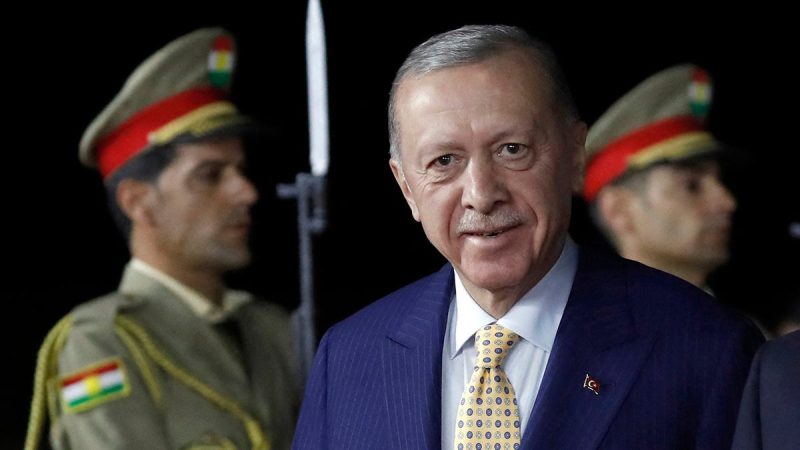In a recent speech, Turkish President Recep Tayyip Erdogan made a striking claim that over a thousand Hamas members are receiving treatment in Turkish hospitals. This statement has sparked controversy and raised questions about Turkey’s relationship with the Palestinian militant group.
Erdogan’s assertion comes at a time of heightened tensions in the Middle East, particularly following the recent escalation of violence between Israel and Hamas. The conflict has drawn international attention and condemnation, with many countries calling for a de-escalation of hostilities and a peaceful resolution to the crisis.
Erdogan’s defense of Hamas members seeking medical treatment in Turkey has raised eyebrows due to the group’s designation as a terrorist organization by the United States, European Union, and other countries. Providing medical assistance to individuals affiliated with a designated terrorist group could be seen as a tacit endorsement of their activities and a violation of international norms.
The Turkish president’s statements have also reignited concerns about Turkey’s broader foreign policy objectives in the Middle East. Erdogan has positioned himself as a champion of Palestinian rights and a vocal critic of Israel, a stance that has won him support among some segments of the Muslim world but has also drawn criticism from Western allies.
Turkey’s support for Hamas and other Islamist groups in the region has further strained its relations with countries like Israel and the United States. The Turkish government’s perceived alignment with non-state actors and its willingness to defy international norms have contributed to a deterioration of its diplomatic ties with traditional partners.
Moreover, Erdogan’s assertion about Hamas members receiving medical treatment in Turkish hospitals raises questions about the country’s healthcare system and its ability to provide care to individuals with potentially controversial affiliations. It remains to be seen how the Turkish government will address concerns about its healthcare services being used by individuals associated with a designated terrorist organization.
In conclusion, Erdogan’s defense of Hamas members seeking medical treatment in Turkey has brought to the forefront the complexities of Turkey’s foreign policy and its relationships in the Middle East. The incident underscores the challenges of balancing national interests, regional alliances, and international norms in a volatile and conflict-prone region. As tensions continue to simmer in the Middle East, Erdogan’s statements serve as a reminder of the delicate balancing act that countries must navigate in pursuit of their strategic objectives and values.

